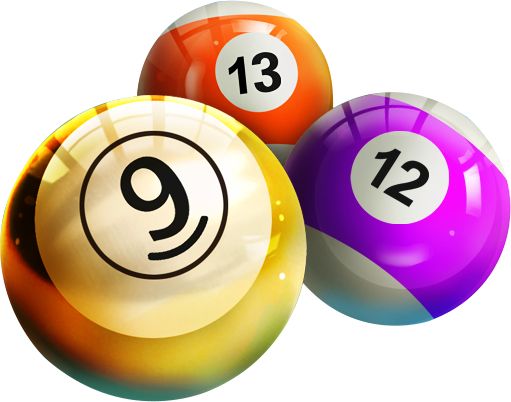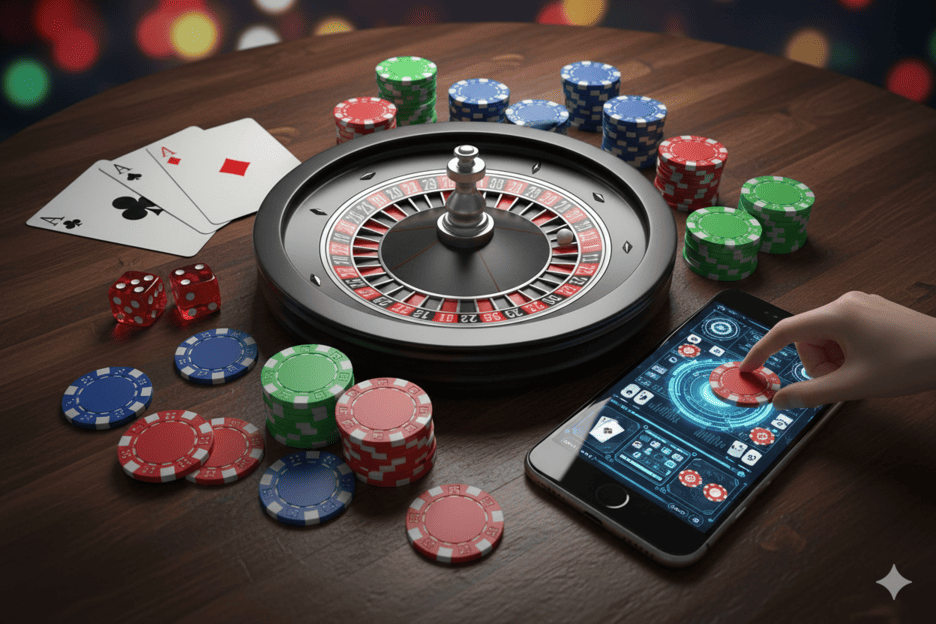When I first started exploring τα καλύτερα online καζίνο για Έλληνες παίκτες, I encountered the insurance option in blackjack and was immediately intrigued. At first glance, insurance seems like a safety net against the dealer having a blackjack. It offers the promise of recovering part of your initial wager if the dealer’s hidden card is a ten-value card. Yet, as I delved deeper, I realized that insurance is far more nuanced than it appears. Its profitability depends on probability, deck composition, and disciplined strategy. Understanding insurance requires a careful analysis of mathematics, psychology, and strategic decision-making that goes beyond simple intuition.
What is Blackjack Insurance?
Definition and Mechanism
Insurance is a side bet offered when the dealer’s upcard is an Ace. Players may wager up to half of their original bet, betting that the dealer’s hole card completes a blackjack. If the dealer indeed has a blackjack, the insurance bet pays 2:1. If the dealer does not have blackjack, the insurance bet is lost, and the original hand continues.
Psychological Appeal
Insurance often appeals to the human desire to avoid loss. It provides a sense of control in an otherwise probabilistic game. Many beginners perceive it as a safeguard against significant loss, yet mathematical analysis tells a more complex story.
How Casinos Benefit
Casinos benefit from insurance because the expected value of the bet is typically negative for players. While it offers an illusion of security, over the long term, insurance increases the house advantage unless the player has precise knowledge of deck composition.
Probability Analysis
The Odds of Dealer Blackjack
In a standard single-deck game, the dealer’s hole card is a ten-value card approximately 30.8% of the time. Multi-deck games slightly adjust this probability. Insurance payouts of 2:1 do not align with the true odds, making the bet unfavorable under most conditions.
Expected Value Calculations
For example, if you bet $10 on insurance in a single-deck game:
-
Probability of dealer blackjack: 30.8%
-
Payout if dealer has blackjack: $20
-
Probability of dealer not having blackjack: 69.2%
-
Loss if dealer does not have blackjack: $10
Expected value = (0.308 × 20) – (0.692 × 10) ≈ -$0.04
This demonstrates that insurance has a slightly negative expected value even in favorable single-deck conditions. In multi-deck games, the expected value worsens.
Card Counting and Insurance Advantage
Insurance can become profitable for advanced players using card counting. If the deck is rich in ten-value cards, the probability of dealer blackjack exceeds standard odds. Skilled counters can exploit this information to place insurance bets strategically. This requires extensive practice, deck tracking, and precise calculations. Without such expertise, insurance remains disadvantageous.
Psychological Considerations
Loss Aversion
Players often overestimate the value of insurance due to loss aversion. The fear of losing a large bet to a dealer blackjack creates emotional pressure, leading to frequent insurance wagers. Understanding the psychological trap is crucial to maintaining rational gameplay.
Illusion of Control
Insurance creates an illusion of control in a game dominated by probability. Players may feel they are mitigating risk, yet mathematically, the bet often increases exposure to loss. Recognizing this illusion allows for more disciplined decisions.
Impulse and Overbetting
Emotional responses can lead to excessive insurance betting. Without strict bankroll rules, players may wager on insurance even when the probability is unfavorable, compounding losses over a session.
Variations in House Rules
Single-Deck vs. Multi-Deck Games
Single-deck blackjack slightly improves insurance odds, while six- or eight-deck games diminish them. Understanding the specific deck configuration and its impact on probabilities is essential for informed decision-making.
Payout Adjustments
Some casinos modify insurance payouts, offering slightly higher or lower returns. For instance, a 3:2 payout on insurance alters the expected value but rarely shifts it into positive territory unless combined with card counting insights.
Dealer Peek Rules
In some casinos, the dealer checks for blackjack before players act, immediately resolving insurance bets. This prevents unnecessary exposure but does not change the fundamental expected value calculations.
Strategic Approaches
Avoiding Insurance
For most players, avoiding insurance is the optimal strategy. The negative expected value and high house edge outweigh the perceived security benefits. Consistently declining insurance preserves bankroll and simplifies decision-making.
Selective Insurance Betting
Advanced strategies involve selective insurance placement based on deck composition or card counting. Professional players track high-value card concentration and place insurance only when probabilities justify the wager. This approach requires experience, focus, and discipline.
Bankroll Management Integration
Integrating insurance strategy with overall bankroll management is essential. Treating insurance as a side bet, separate from the main wager, ensures losses remain contained. Experienced players often allocate a fixed session percentage to optional side bets, including insurance, to mitigate risk.
Case Studies and Practical Examples
Session Simulation 1: No Insurance
In a typical 100-hand session without insurance, a player following basic strategy encounters 30 dealer Aces. By avoiding insurance, the player preserves bankroll, relying on standard strategic decisions to minimize losses.
Session Simulation 2: Frequent Insurance
In a comparable session where the player accepts insurance each time, losses accumulate due to the negative expected value. Even occasional dealer blackjacks do not offset cumulative losses from repeated insurance bets.
Card Counting Scenario
A skilled card counter identifies a deck rich in ten-value cards. Insurance becomes profitable in this short-term scenario. By calculating probabilities and placing selective bets, the counter leverages statistical advantage. This demonstrates how insurance can be situationally advantageous for experts but generally harmful for casual players.
Online vs. Live Blackjack
Online Platforms
Online casinos provide automatic insurance resolution, ensuring precise payout calculations. Digital tracking and statistics allow players to analyze insurance outcomes over multiple sessions. Platforms may also simulate various deck counts, helping players evaluate odds more accurately.
Live Dealer Experience
Live blackjack tables create psychological pressure due to real-time interaction and dealer presence. Insurance decisions are made visually, often intensifying emotional responses. Skilled players must combine probability analysis with psychological discipline to avoid impulsive insurance wagers.
Multi-Hand and Side Bet Interactions
Online multi-hand tables allow insurance on multiple hands simultaneously, compounding risk. Understanding correlations and maintaining consistent strategy is critical to prevent exponential losses.
Comparative Analysis of Strategies
Basic Strategy Adherence
Basic blackjack strategy, excluding insurance, minimizes house edge to approximately 0.5%. Introducing insurance generally increases house advantage unless card counting informs selective placement.
Risk Assessment
Insurance introduces high variance with negative expected value. By avoiding insurance, players maintain a more stable session trajectory. High-risk players may experiment with insurance, but understanding probability is essential.
Psychological Control
Declining insurance reinforces disciplined play, reduces stress, and maintains focus on optimal strategic decisions. Conversely, frequent insurance betting can lead to emotional decision-making and bankroll erosion.
Expert Insights
Mathematical Perspective
Insurance is mathematically disadvantageous in standard play. Only through advanced techniques, such as card counting or deck composition analysis, can players gain a positive expected value.
Practical Recommendations
Most players should ignore insurance. Focus on core blackjack decisions: hitting, standing, splitting, and doubling. Treat insurance as a situational tool for advanced strategists, not a default safeguard.
Long-Term Implications
Regular insurance betting erodes bankroll over time. Avoiding unnecessary side bets preserves capital, extends session duration, and enhances overall profitability. Understanding these long-term implications is key for serious players.
Conclusion
Taking insurance in blackjack is generally not a good idea for casual players, as the expected value is negative in nearly all standard game scenarios. While insurance may appeal psychologically, mathematically it increases house advantage and introduces high variance. Advanced players using card counting or probability analysis may selectively benefit, but this requires expertise, focus, and precise execution. Platforms such as τα καλύτερα online καζίνο για Έλληνες παίκτες provide opportunities to practice, simulate, and evaluate insurance decisions in controlled settings. By understanding the mechanics, probabilities, and psychological aspects of insurance, players can make informed decisions, preserve bankroll, and optimize their blackjack experience while avoiding common pitfalls associated with this tempting side bet.


